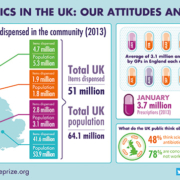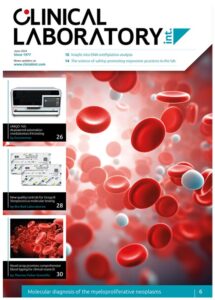The Longitude Prize 2014
The Longitude Prize was originally offered by the British Government to anyone who could come up with a simple method for determining a ship’s longitude when at sea. John Harrison received funding from the Board of Longitude for his work on chronometers, and his name is still the one associated with having solved this problem.
In 2014, the British Prime Minister, David Cameron, launched a new version of the prize, which is being developed and run by Nesta, the UK’s innovation foundation. Six potential themes were announced, including:
- Flight How can we fly without damaging the environment?
- Food How can we ensure everyone has enough to eat?
- Antibiotics How can we prevent the rise of resistance to antibiotics?
- Paralysis How can we restore movement to those with paralysis?
- Water How can we ensure everyone has access to safe and clean water?
- Dementia How can we help people with dementia live independently for longer?
The category chosen (by public vote) to receive the modern prize was that of antibiotic resistance.
The discovery, development and use of antibiotics has been one of the great successes of modern medicine. However, the rise of antibiotic resistance (already warned of by Sir Alexander Fleming in his Nobel Prize winner’s lecture in 1945) threatens to render existing antibiotics useless and no new class of drugs has been discovered since the 1980s. Quotes can easily be found from organizations such as the World Health Organization (WHO), the US Centers for Disease Control and Prevention (CDC) and many senior scientists ranging from the ‘grim future’ to the ‘apocalypse’ of returning to life without antibiotics.
In order to fight antimicrobial resistance, the inappropriate use of antibiotics has to be prevented. To target this, the challenge set by the Longitude Prize committee is to create a ‘cheap, accurate, rapid and easy-to-use point of care test kit’ that will indicate if antibiotics are necessary, and if so which to prescribe. The kit should deliver results within 30 minutes and devices with built-in data recording and transmission capacities will be favoured.
There are of course technical hurdles, such as selecting the right targets for detection, how to detect them (what sample preparation has to happen?) and how to achieve the desired performance (of size/portability, speed, low cost per test, data transmission). However, POC devices do already exist and are in use. Notably, a mobile phone linked test for blindness (the portable eye examination kit or Peek) that allows eye tests to be carried out anywhere on earth. This is particularly advantageous in resource-poor settings. For example in Nigeria, even though less than 50% of the population has access to clean drinking water, 80% of people have mobile phones.
Collaboration between the different fields of medicine, microbiology, biochemistry, engineering and physics will be needed to address these technical issues. This is another aspect where the modern Longitude Prize is echoing the original – the solution can come from anywhere, not necessarily the expected sources. Again, examples of this have been seen in other areas recently. Jack Andraka, born in 1997 has been dubbed the ‘teen prodigy of pancreatic cancer’ for his development of promising early detection test for pancreatic cancer. In 2012, Brittany Wenger, at the age of 17, won the Google Sciences Fair grand prize for a breast cancer diagnosis app. One thing though is certain – innovation will be needed.
For more information see the Longitude Prize 2014 website: https://longitudeprize.org/



